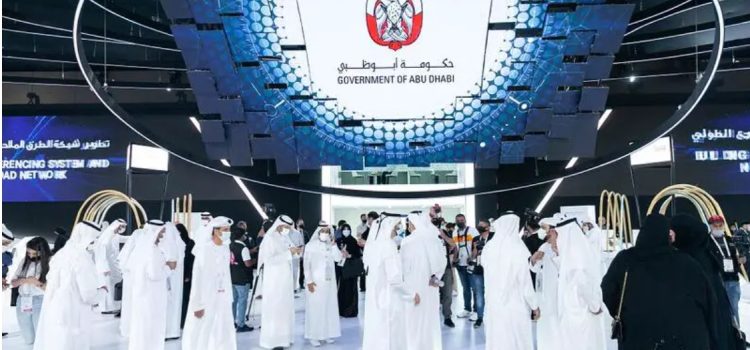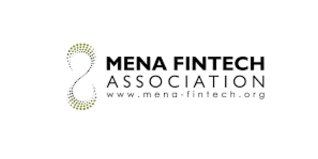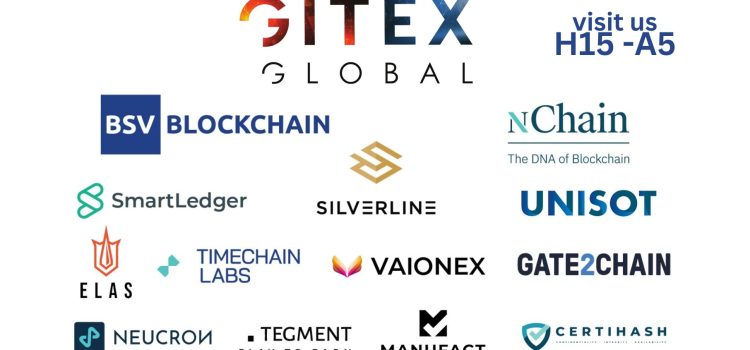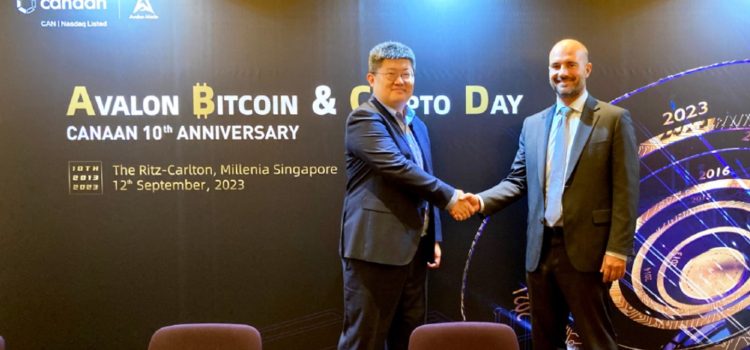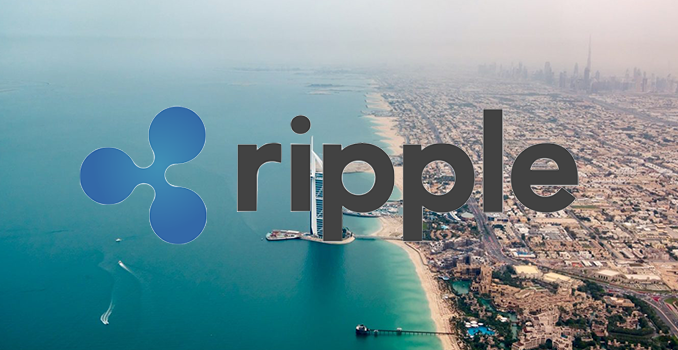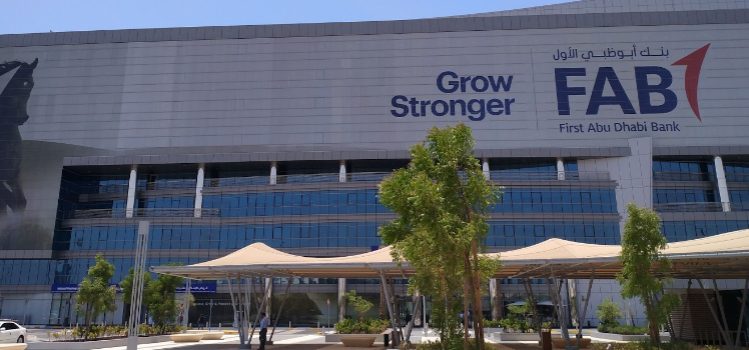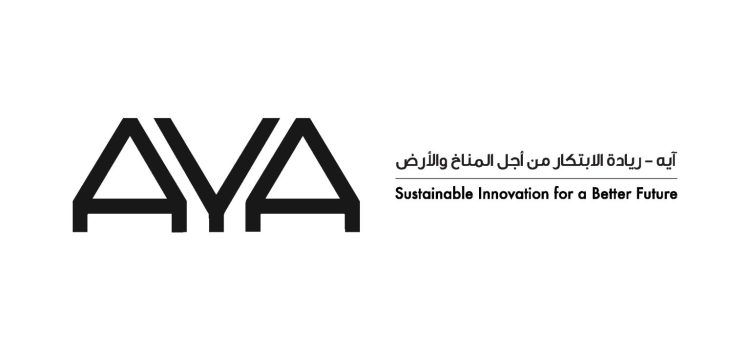
Abu Dhabi Government at Gitex 2023 showcased projects and initiatives across many fields and areas were highlighted, including cybersecurity, artificial intelligence, blockchain technology and analytics, all to leverage technology and innovation to deliver service excellence and an enhanced customer experience.
The latest iteration of the Abu Dhabi Government Services Unified Platform, blockchain enabled TAMM, showcased by the Department of Government Enablement, means customers can now access more than 750 services from over 30 Abu Dhabi government entities and numerous private sector providers. The new version also brings a slew of enhancements and features. The platform – now publicly available – was built on feedback from the public, coupled with the latest technological and customer-centric advancements.
“The latest version of TAMM was only made possible by collaboration between more than 30 Abu Dhabi Government entities, all working together towards achieving the government’s vision of enabling the Emirate’s people and communities through innovation and digitalisation,” said Ahmed Tamim Hisham Al Kuttab, Chairman of the Department of Government Enablement – Abu Dhabi.
“In alignment with Abu Dhabi’s digital transformation strategy, our ambition is to create an advanced digital ecosystem that reflects the aspirations of our people and sets a new global benchmark for how government services are delivered,” he added.
Dr. Mohamed Abdel Hameed Al Askar, Representative of the Abu Dhabi Government Services Unified Platform “TAMM” at DGE, said, “Thanks to the insights of citizens and residents across Abu Dhabi, the latest version of TAMM has been developed to prioritize user needs, creating a more enhanced, customer-centric and personalized platform that simplifies access to government and private sector services for residents and businesses alike.”
Meanwhile, the Abu Dhabi Housing Authority (ADHA) introduced the ISKAN Abu Dhabi app based on state-of-the-art technology. This digital customer service portal changes the way customers interact with ADHA. The app empowers individuals to explore housing and land options, access detailed information and make informed decisions about housing plans without the need for physical visits or extensive paperwork.
“The Abu Dhabi Housing Authority is working to adopt the latest technologies and innovative systems set to enhance the effectiveness and efficiency of housing services provided on various platforms to customers. We’re committed to enhancing the customer journey by simplifying procedures and enabling customers to obtain housing services to increase customer satisfaction, reduce waiting time and expedite the application process,” said Hamad Hareb Al Muhairi, Director-General of ADHA.
Abu Dhabi Customs (ADC) unveiled a groundbreaking project focusing on implementing blockchain technology within their customs systems to establish a robust risk analysis system based on reliable data. This initiative aims to create an interoperable system that aligns with future business requirements.
In 2020, the Abu Dhabi Government Services ecosystem, TAMM has launched the second phase of its innovative blockhain enabled digital payment platform “Abu Dhabi Pay”.








